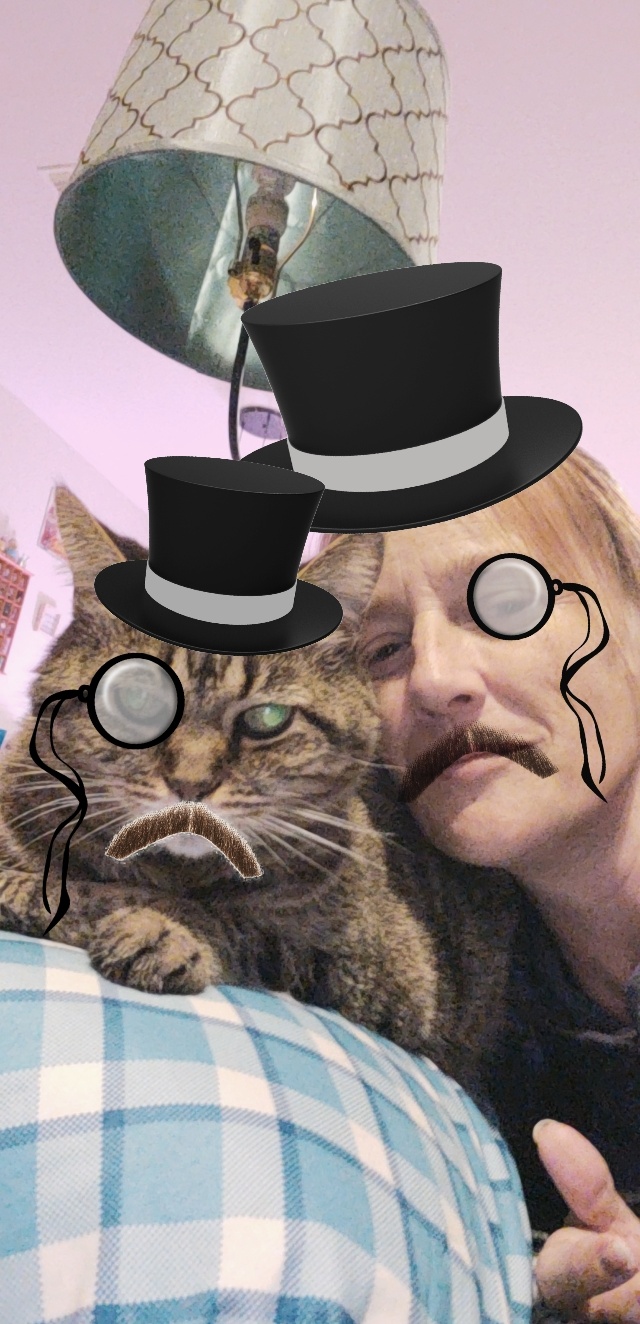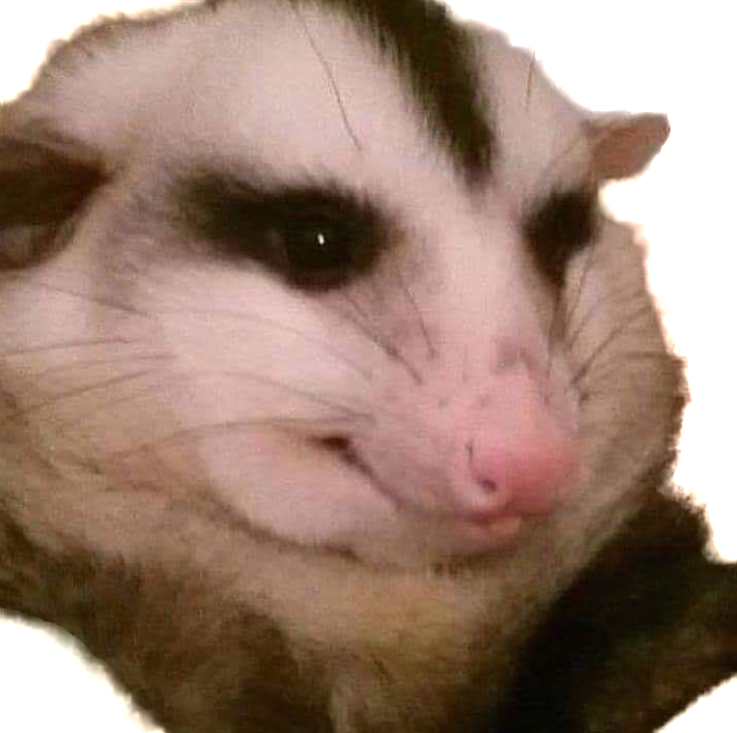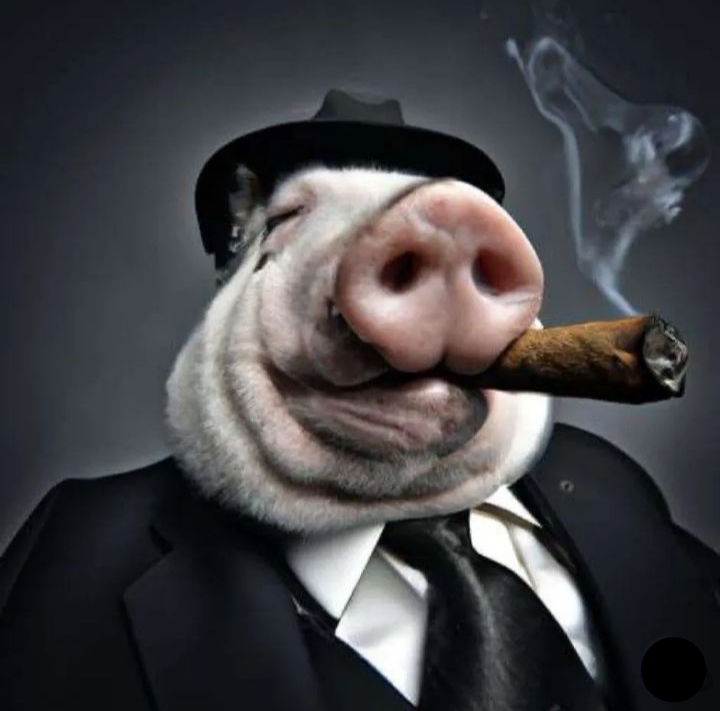Removed by mod
I think it’s worth pointing out that this is a reconstructed breed and not the lineage used by the Mexica. Those dogs died out with European contact. https://youtu.be/osMu6i2txFA
Did the original breed look anything like the current one? I was just about to say it’s uncanny how the ancient Aztecs and Egyptians had a similar looking death-related mythological thing (this dog and Anubis).
It’s surprisingly hard to Google, but I found this: http://collection.imamuseum.org/artwork/34509/
Anubis has the head of a jackyl, which looks significantly different IRL: https://www.britannica.com/animal/African-golden-wolf
“To the ancient Aztec and Maya, man’s best friend was also a hairless, ugly-cute healer, occasional food source, and, most importantly, guide to the Underworld.
Sometimes known as the Mexican Hairless dog, the xoloitzcuintli (pronounced “show-low-itz-QUEENT-ly”) gets its name from two words in the language of the Aztecs: Xolotl, the god of lightning and death, and itzcuintli, or dog. According to Aztec belief, the Dog of Xolotl was created by the god to guard the living and guide the souls of the dead through the dangers of Mictlán, the Underworld.”
Is the literal translation of Axolotl a god of some kind? Love it.
deleted by creator
Beat me to it. The character designers took several field trips to Mexico to really get an idea of this dog breed
Our lil part breed, we live in AZ so he wears shirts for sun protection cause he is mostly bald.

Isn’t that a pit bull?
Are you just a couple of rocks?
Well, that’s another of his parts.
Such an interesting combination
He is an odd ball. Really glad the people who bred him didn’t do the ear and tail clipping thing, those big saucers make so much of his personality! We were his foster home after his owner had an accident and couldn’t give him up, our kitties like him a lot too.
I love Xolos. I feel like they strike the perfect balance of cute and intimidating for walking alone at night. They sometimes win the World’s Ugliest Dog contest but, like this year, are often beat by the Chinese crested dog
https://www.wsj.com/story/a-dog-named-scooter-has-won-an-award-for-being-ugly-db499977
Dam that dog is raising MY self esteem
When I was living in peru, there was a peruvian version of the hairless dog that lived with me. I loved that nutjob. So crazy and funny, but a true sweetheart.
I looked it up and only some of them have the wild hairdo. Does anyone know why that is? Check out the mohawk on this puppy!
Adorable little punk rocker lol
Because they’re fuckin rock n roll?
The breed occurs naturally in two varieties, hairless and coated. Hairless Xolos are the dominant expression of the heterozygous Hh hairless trait.[18] Coated Xolos (hh) are the recessive expression, and breeding hairless to coated or hairless to hairless may produce pups of either or both varieties. Breeding coated to coated will only produce coated pups because they are recessive to the hairless trait and do not carry the dominant H gene.
Cool! Thanks for sharing.
If you break into my house, I’ll guide you to the afterlife…
What a damn gorgeous pup
This badass-looking fellow immediately made me think of Anubis/jackal hieroglyphics. Now I’m wondering if there is a connection.
No connection. This breed is native to Mesoamerica and was completely unknown across the Atlantic. And you don’t need to invoke these fellas when you are already THE God Of Jackals - which are carrion eaters, and I believe Xolos are not.
Hey, thanks for the info! I didn’t have the mental energy to hit up Wikipedia and fall down that rabbit hole to find it myself last night.
Fun fact: I once dated a girl who had TWO of these Xolos. They have a vibe all their own, let me tell ya.
The older one didn’t really care too much for me one way or the other, but the younger one… one time I shooed her away from something in my own bedroom, she stared right at me, turned to the floor to throw up, then looked back up to keep staring at me. It was unnerving.Another fun fact: the professional soccer team from Tijuana are called The Xolos.
Also known as a Xolo dog.
Conveniently, a Xolo dog named Dante was Miguel’s alebrije in the movie Coco.
Artist Diego Rivera was known to be fond of Xolo dogs, and there are pictures of him with his dog and Frida Kahlo, whose likeness also had a cameo in Coco and identified Dante as both a Xolo and an Alebrije.
Also worth noting, if you don’t know spanish, it’s pronounced sholo not zolo.
I want to hear the sound of gently slapping one on the side
gently slaps side
“This baby can hold so many trips to the underworld!”
I want to have two, named Fuck Around and Find Out. That is one serious face.
It’s really important for people to know that you are an epic redditor
Yeah those are some really cringey dog names. Foofoocuddlypoops sounds more intimidating than the dog equivalent of an affliction shirt.
deleted by creator
Naming your dogs “fuck around” and “find out” is an indigenous thing? That’s interesting.
Xolos and Calupohs have some of the most intimidating façades in dogs. Absolute sweethearts with the face of something you’d hear about in cryptid stories.
Look at the neck on that bad boy
Frida Kahlo had several Xolos throughout her life











